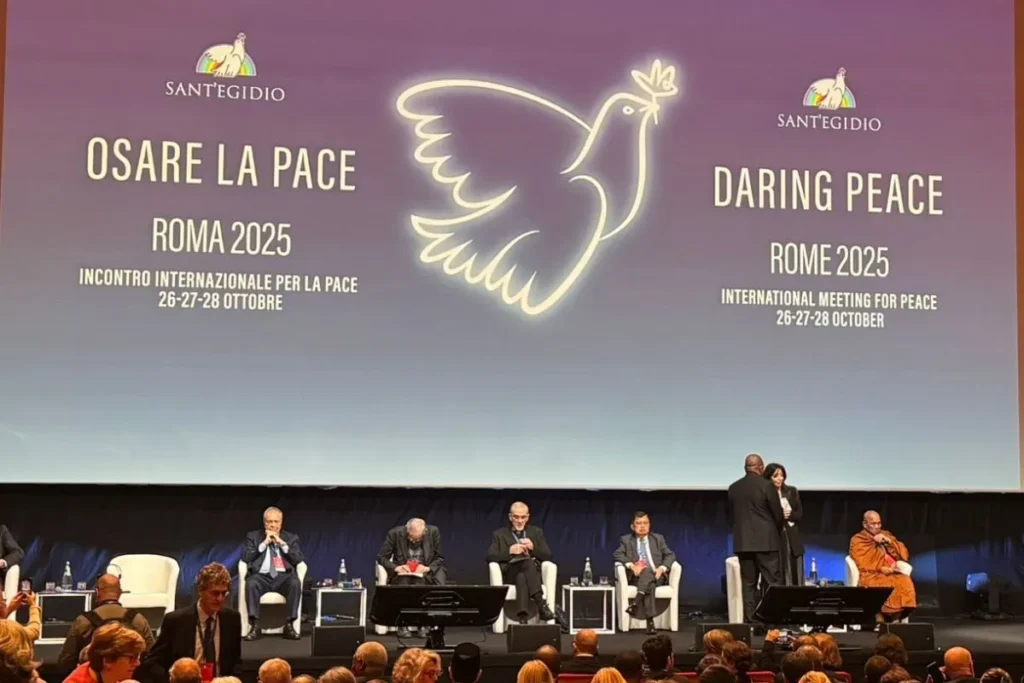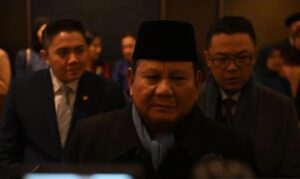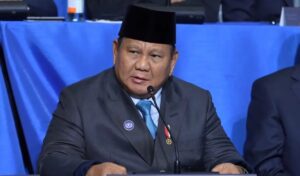Indonesia Champions Dialogue, Tolerance, and Justice at International Peace Meeting in Rome

Jakarta, The Gulf Observer: Indonesia underscored its commitment to promoting dialogue, tolerance, and social justice at the Daring Peace – International Meeting for Peace 2025, held in Rome on October 27, with prominent representation by former Vice President Jusuf Kalla, Religious Affairs Minister Nasaruddin Umar, and business leader Arsjad Rasjid.
The three delegates offered complementary perspectives on politics, spirituality, and economics, reflecting Indonesia’s pluralistic society and its longstanding commitment to human-centered dialogue as a cornerstone of peacebuilding.
In his remarks, Jusuf Kalla — who served as Indonesia’s 10th and 12th vice president and played a key role in mediating conflicts in Poso and Aceh — emphasized that peace entails more than the mere absence of war.
“Peace is the courage to lay down weapons, both physical and ideological, and choose justice and humanity,” he said.
Kalla also highlighted the moral and social role of mosques as centers for community life, stating,
“Mosques should not only be places of worship but spaces that foster civility and human solidarity.”
Religious Affairs Minister Nasaruddin Umar warned against the politicization of religion, noting that it is not faith itself but its misuse that endangers peace. The Grand Imam of Istiqlal Mosque described Islam as “a blessing for humanity” and called on the international community to recognize Indonesia as a “laboratory of harmony,” where diverse religious communities live and cooperate peacefully.
From an economic perspective, Arsjad Rasjid, Chairman of the Indonesian Mosque Council for Entrepreneurship, addressed the socioeconomic roots of conflict, stressing that inequality and exclusion often fuel unrest.
“An economy without humanity is a form of hidden conflict,” he said, advocating for community empowerment and socially responsible business practices as pathways to peace.
The International Meeting for Peace 2025 brought together thousands of world leaders, religious figures, and peace advocates to explore solutions to the growing challenges of conflict and extremism.
Indonesia’s participation highlighted the country’s holistic vision of peace — one that integrates political dialogue, spiritual values, and economic justice — as essential pillars for building sustainable global harmony.


